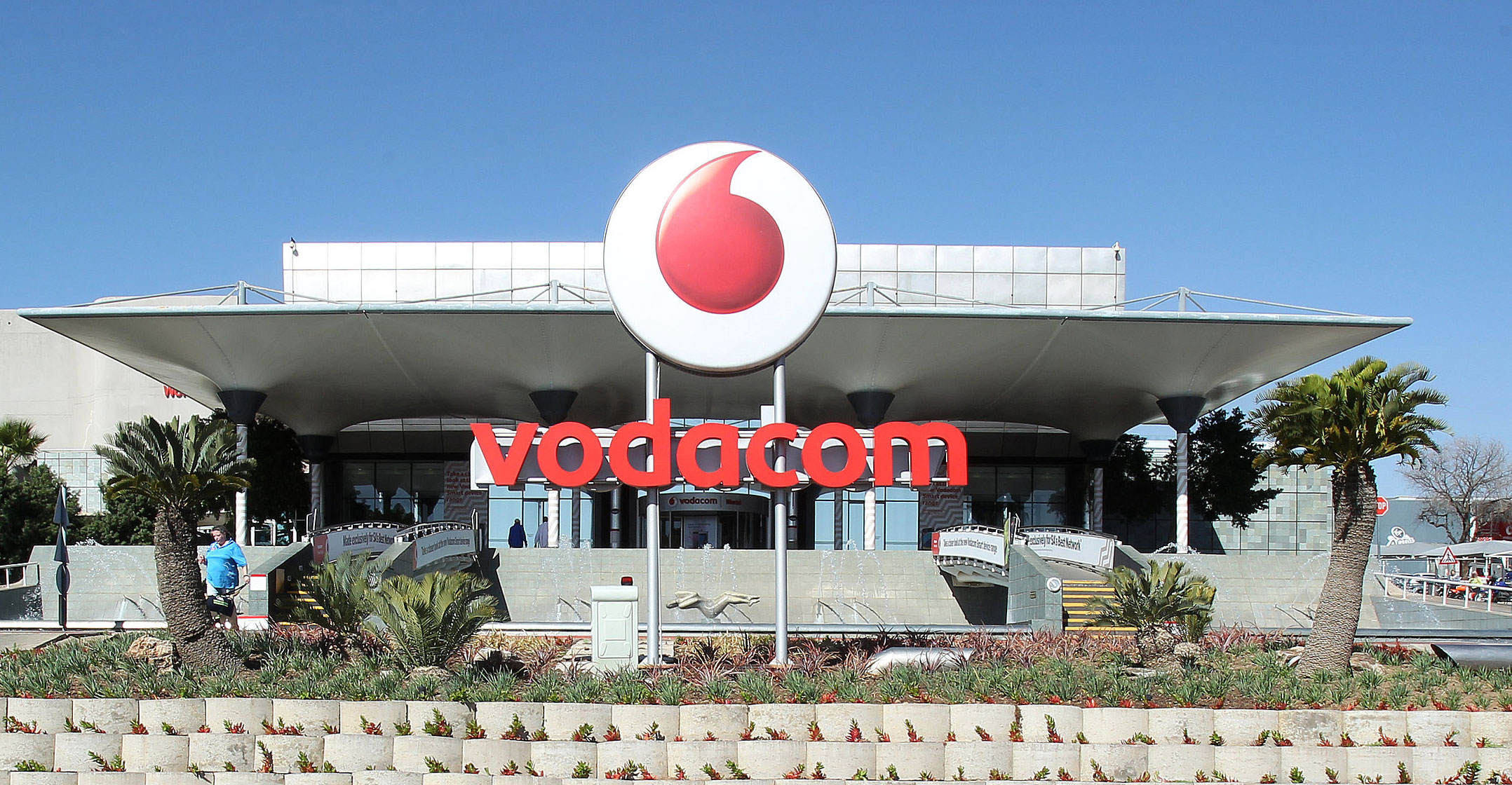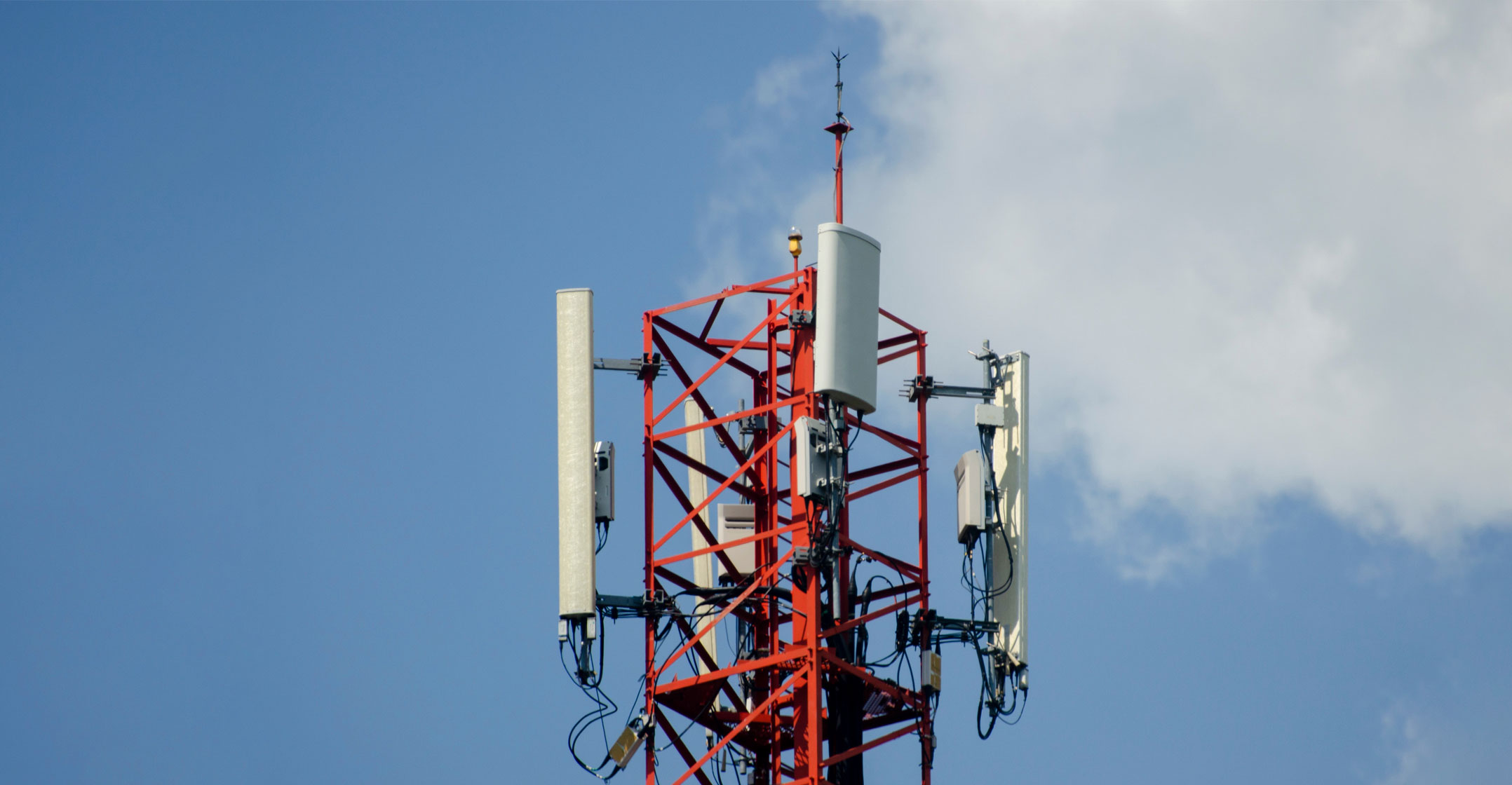 Vodacom has filed papers at the high court in Pretoria in support of an application aimed at stopping communications regulator Icasa from taking back temporarily assigned spectrum at the end of November.
Vodacom has filed papers at the high court in Pretoria in support of an application aimed at stopping communications regulator Icasa from taking back temporarily assigned spectrum at the end of November.
The stage is now set for a legal showdown later this month: Vodacom’s court application, in support of Telkom’s earlier application, means South Africa’s three largest telecommunications operators have united to take on the industry regulator.
A Vodacom spokesman confirmed to TechCentral on Saturday that the company on Friday lodged a supporting affidavit with the court “regarding Telkom’s urgent interdict to prevent Icasa from withdrawing temporary spectrum”.
“The main thrust of our argument is that while Covid and the effects of Covid are still with us, the temporary spectrum cannot be withdrawn,” the spokesman said.
News of Vodacom’s application comes soon after it emerged that MTN had filed papers with the court.
As is the case with Vodacom’s application, MTN’s papers, also filed on Friday, are in support of Telkom’s application, which was filed last week. MTN has also launched separate action challenging aspects of the decision.
The decision by MTN and Vodacom to join Telkom in suing Icasa comes after the regulator this week dug in its heels, saying it would fight Telkom in court over the spectrum withdrawal decision.
Emergency basis
Telkom said on 6 October that it would take Icasa to court to stop the planned withdrawal of the spectrum, which was issued due to the Covid-19 pandemic, saying the move would disrupt the provision of services and harm consumers.
MTN, meanwhile, has provided more details about the reasons for its court action. In a statement on Saturday, the company said: “Since the start of the pandemic, the demand for data on MTN’s network alone has increased by 165% and that demand is not abating, despite the much-decreased Covid-19 infection numbers.
“The temporary frequencies assigned to operators and paid for has been critical in meeting the data traffic surge, and without these frequencies, the networks would not have been able to provide reliable and resilient network quality, under current Covid-19 protocols where many people continue to work from home. The withdrawal of the temporary spectrum will also pose a significant risk to lower income South Africans, students and learners who are benefiting from free access,” MTN said.
 “MTN had hoped to resolve this matter outside of the courts, but with the November deadline looming we believe it is imperative we act to protect the millions of South Africans that have become so dependent on fast and stable data services. If an opportunity still exists to resolve the matter out of court, MTN remains open and constructive to that option.”
“MTN had hoped to resolve this matter outside of the courts, but with the November deadline looming we believe it is imperative we act to protect the millions of South Africans that have become so dependent on fast and stable data services. If an opportunity still exists to resolve the matter out of court, MTN remains open and constructive to that option.”
Icasa originally made the spectrum available on an emergency basis in April 2020 to interested licensed operators. It extended the allocation of the temporary spectrum on several occasions. However, it said on 31 August that it intended to withdraw the spectrum on 30 November 2021 as it was never meant to be licensed in perpetuity.
The regulator said it was worried that extending the granting of the spectrum indefinitely would distort the market and was unfair to licensees that chose not to apply for it back in 2020. It also suggested it was no longer needed as many people had returned to their offices and were therefore no longer placing extra demands on mobile networks.
The high court is expected to hear the matter on 26 October. – © 2021 NewsCentral Media




